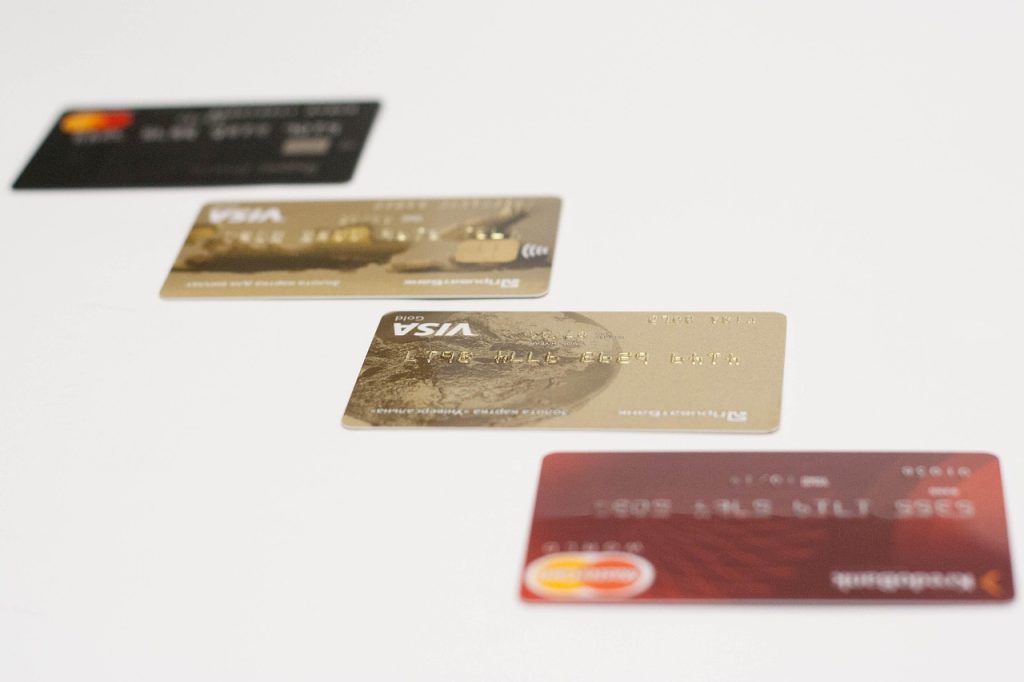Credit Cards for Immigrants: Must-Have Options with No Credit
- Credit Cards for Immigrants: Must-Have Options with No Credit
- Why Credit Cards Matter for Immigrants
- Best Credit Card Options for Immigrants
- 1. Secured Credit Cards
- 2. Student Credit Cards
- 3. Credit Unions and Local Banks
- 4. Retail Store Credit Cards
- How to Use Credit Cards Responsibly
- Conclusion
Credit Cards for Immigrants: Must-Have Options with No Credit

Credit cards for immigrants can be a significant tool in establishing financial stability. Navigating the U.S. financial landscape can be challenging, especially when you have no credit history. However, multiple options exist to help newcomers build their credit score and manage expenses effectively. Understanding these options is critical for setting a solid financial foundation in a new country.
Why Credit Cards Matter for Immigrants
For many immigrants, accessing essential services, from renting an apartment to applying for loans, hinges on a credit score. Your credit score reflects your reliability as a borrower and can influence your eligibility for various financial products. It typically takes time to establish a credit history, but obtaining the right credit card can accelerate this process.
Credit cards for immigrants serve several purposes:
1. Building Credit History: Using a credit card responsibly helps establish your credit score.
2. Emergency Funds: Credit available can act as a financial buffer in emergencies.
3. Convenience: Carrying a credit card can simplify transactions and purchases.
4. Rewards and Benefits: Many credit cards offer cash back, rewards, and perks, making them advantageous for everyday purchases.
Best Credit Card Options for Immigrants
Here are several options tailored for newcomers with no credit history:
1. Secured Credit Cards
Secured credit cards are a popular option for immigrants starting with no credit. These cards require a cash deposit as collateral, which often serves as your credit limit. Because they carry less risk for the lender, secured cards are easier to qualify for compared to traditional credit cards.
Benefits:
– Easier approval chances.
– Report to major credit bureaus, helping establish your credit score.
– Potential upgrade to an unsecured card after a positive payment history.
Considerations:
– The initial deposit is typically refundable, but you must understand the terms.
– Ensure your financial habits align with the responsible use of credit.
2. Student Credit Cards
If you’re an immigrant enrolled in an educational institution, student credit cards can be a feasible choice. They are tailored for young people, often with limited credit experience.
Benefits:
– Low credit limits to encourage responsible spending.
– Some institutions offer incentives for good grades or educational milestones.
– Typically lower annual fees compared to traditional credit cards.
Considerations:
– Always read the terms and conditions carefully; some cards may have high-interest rates.
3. Credit Unions and Local Banks
Local credit unions and smaller community banks are often more accessible for those without credit history compared to larger, national banks.
Benefits:
– May offer low-interest loans and fees.
– Often more personalized customer service.
– Some offer programs specifically designed for immigrants, helping you navigate the financial system.
Considerations:
– Availability of rewards or special offers might be limited compared to larger banks.
4. Retail Store Credit Cards
Though not a traditional option, retail store credit cards can also aid in establishing credit history. Many larger retailers offer branded credit cards, and these usually have more lenient approval requirements.
Benefits:
– Immediate discounts or promotional prices for cardholders.
– Potential for regular credit reporting to credit bureaus.
Considerations:
– Typically come with high-interest rates.
– Best used for purchases you can pay off immediately to avoid interest.
How to Use Credit Cards Responsibly
Once you’ve secured a credit card, using it responsibly is essential to benefiting from your new financial tool. Here are some tips:
– Make Timely Payments: Always pay your balance in full and on time to avoid interest charges and build your credit score.
– Keep Utilization Low: Aim to use less than 30% of your available credit limit to maintain a healthy credit utilization ratio.
– Check Your Credit Report Regularly: Monitor your credit report to track your progress and ensure accuracy.
Conclusion
Credit cards for immigrants can be an invaluable resource for those looking to establish their financial presence in the USA. From secured credit cards to local bank options, there are various avenues available to help newcomers start building a solid credit history. By understanding your options and using credit wisely, you can set yourself on a path to financial success in your new home.





